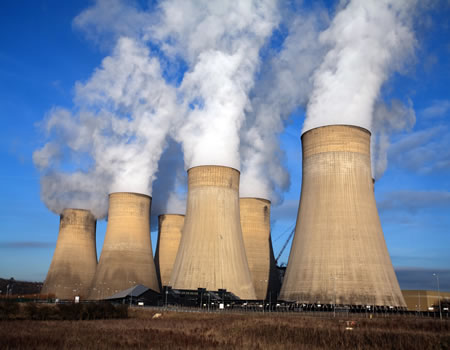It will be recall that the federal government recently signed an intergovernmental agreement with Russia on the construction of a nuclear power plant and research centre in Nigeria. The Nigerian Atomic Energy Commission (NAEC) signed on behalf of the Nigerian government while Russia’s state owned nuclear energy corporation, ROSATOM, signed on behalf of the Russian government.
The proposed project is said not only to assist with the current energy crisis, but will also stimulate a great deal of investments in the country.
According to Oluwole Olutola, a Postdoctoral Research Fellow, African Diplomacy and Foreign Policy, University of Johannesburg, “There are three reasons why African countries should pursue the nuclear power option as part of their energy mix. The first is the continent’s dire energy crisis. Secondly, Africa derives most of its energy from fossil fuels. These are finite and nonrenewable and dwindling in supply. They are also subject to price volatility.
“Thirdly, nuclear energy can help countries meet targets under the Paris Agreement to reduce carbon emissions. Nuclear can help them reach that goal because carbon emissions linked to nuclear-powered energy are relatively small. In addition, supply is reliable and prices stable and predictable.”
He stressed the direct and indirect economic and socio-economic benefits of Nuclear Power Plant (NPP) to include localisation of engineering services, manufacture of components including pumps, valves, piping, tubing, insulation, reactor pressure vessels, pressurisers, heat exchangers and moisture separators.
In 2016, the Federal Government of Nigeria reaffirmed its plans to introduce nuclear power to diversify the country’s energy mix and help meet the energy needs of the country.






